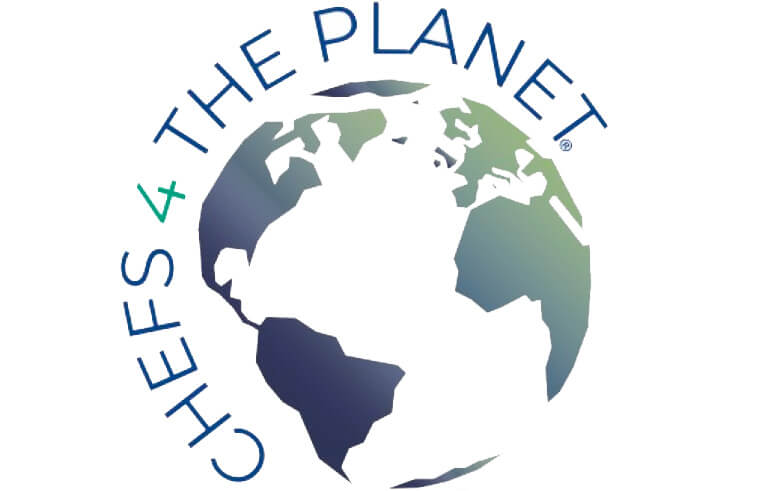This year’s global observance event, hosted by Korea Forest Service, will take place online, with a full-day program featuring a variety of exciting events and international talent.
Desertification and Drought Day, a United Nations observance day held on 17 June each year, will in 2020 focus on changing public attitudes to the leading driver of desertification and land degradation: humanity’s relentless production and consumption.
As populations become larger, wealthier and more urban, there is far greater demand for land to provide food, animal feed and fibre for clothing. Meanwhile, the health and productivity of existing arable land is declining, worsened by climate change.
To have enough productive land to meet the demands of ten billion people by 2050, lifestyles need to change. Desertification and Drought Day, running under the slogan “Food. Feed. Fibre.” seeks to educate individuals on how to reduce their personal impact.
Food, feed and fibre must also compete with expanding cities and the fuel industry. The end result is that land is being converted and degraded at unsustainable rates, damaging production, ecosystems and biodiversity.
- Today, more than two billion hectares of previously productive land is degraded
- Over 70 per cent of natural ecosystems have been transformed. By 2050, this could hit 90 per cent
- By 2030, food production will require an additional 300 million hectares of land
- By 2030, the fashion industry is predicted to use 35 per cent more land – over 115 million hectares, equivalent to the size of Colombia
Food, feed, fibre is also contributing to climate change, with around a quarter of greenhouse gas emissions coming from agriculture, forestry and other land use. Clothing and footwear production causes 8 per cent of global greenhouse gas emissions, a figure predicted to rise almost 50 per cent by 2030.
Read the rest here: https://www.unccd.int/actions17-june-desertification-and-drought-day/2020-desertification-and-drought-day


